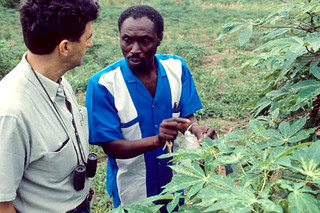Mental health articles
OF mental health care and mentally ill
Learning, Conditioning, and Cognitive-Behavioral of hypochondriasis
It is well known that autonomic responses can be acquired by classical and operant conditioning. Because of the fear of disease, repeated attention to and selective focus on parts of one’s body may be enhanced. The resulting anxiety and concomitant physiological changes that lead to somatic symptoms (e.g., tachycardia or irritable bowel) can be conditioned via cues in the external environment, internal cues, and even thoughts about disease.
Hypochondriasis can then be characterized by a vicious cycle of anxiety and somatic sensations leading to more anxiety, and with more frequent repetitions of this cycle, an overlearned pattern of behavior occurs in a rapid and predictable sequence. Modeling influences have also been implicated in the development of hypochondriasis. As a result of observing an illness model and assuming the sick role, the individual learns that sympathy, attention, and support for the patient can be received and unpleasant duties and obligations can be avoided. More recently, a cognitive-behavioral formulation of hypochondriasis has been developed. Salkovskis and Warwick proposed that the central feature of hypochondriasis is the occurrence of negative automatic thoughts resulting from the misinterpretation of innocuous physical symptoms and signs. These symptoms tend to be misinterpreted as indicators of illness.
The typical reaction to this misinterpretation is anxiety that leads to cognitive changes that maintain the physical symptom. Information is consistently selected and attended to in ways that confirm a hypochondriacal concern. Bodily checking, avoidance, and reassurance seeking are examples of this selective attention. This model has yet to be empirically tested by other investigators.
From Mental health articles, post Learning, Conditioning, and Cognitive-Behavioral of hypochondriasis
Post Footer automatically generated by wp-posturl plugin for wordpress.
More from my site
Tags: Behavioral, cognitive, hypochondriasis









Leave a Reply